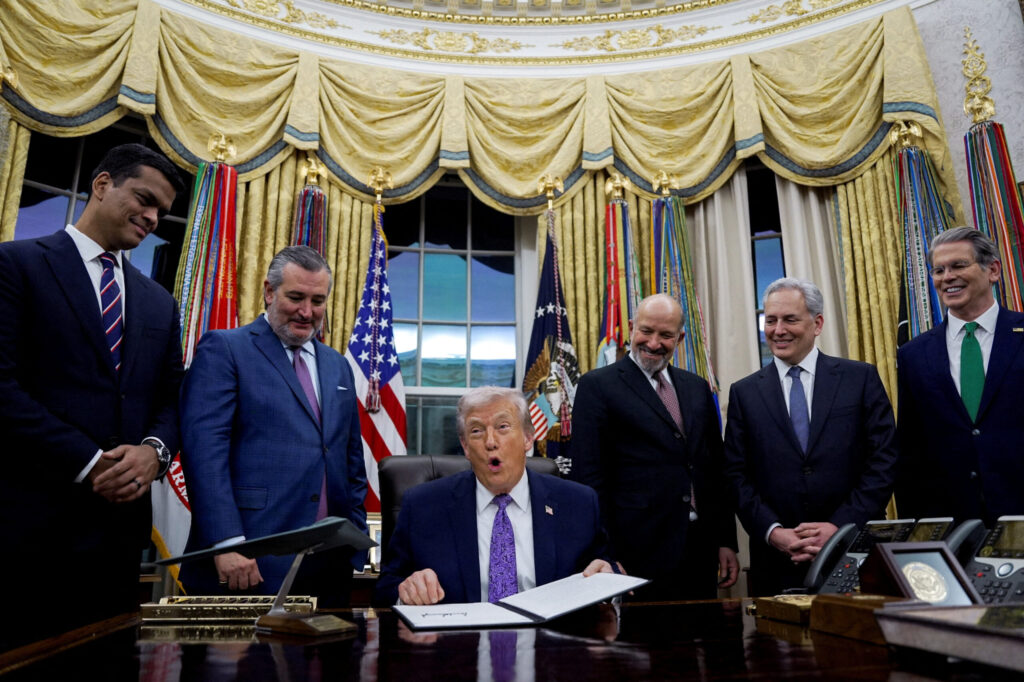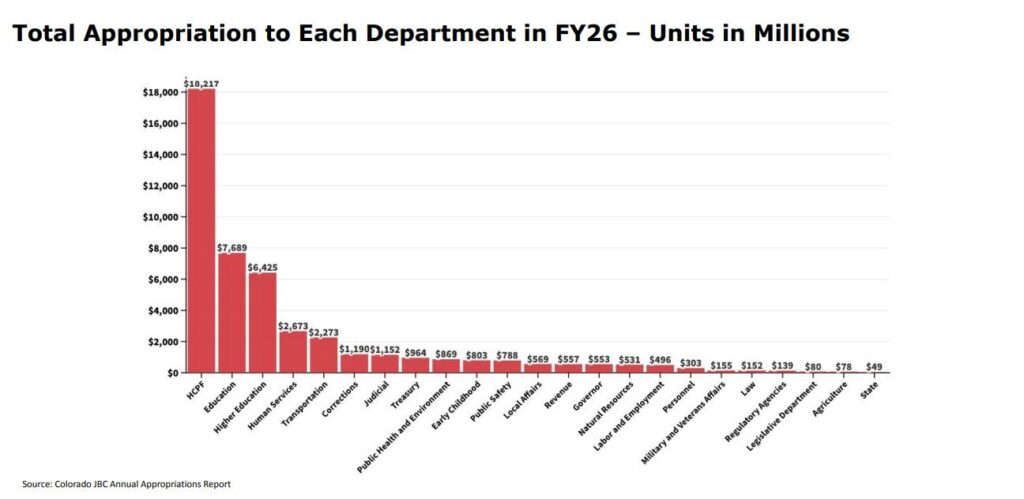Tallying the toll of Trump-icaid; the president-elect would beg to differ, of course
While we’re waiting to hear exactly how the new president will dismantle Obamacare and replace it with free-market Trumpicaid, the Center on Budget Policy and Priorities says the number of uninsured Coloradans would jump by 588,000 people. In other words, roughly the population of Jefferson County.
The left-leaning national think tank says 30 million Americans would be left uninsured by the complete eradication of the Affordable Care Act. President-elect Donald Trump has said he likes parts of the current insurance program, but he has yet to reveal a detailed plan to replace the program he railed on during his campaign.
The center’s state-by-state analysis is available online.
Republican leaders who control both the U.S. House and Senate say they are ready to begin the rollbacks as early as January. h
“As we’ve written, policymakers should make health care more affordable and available to those who still don’t have it, not make it unavailable for tens of millions who do,” Judith Solomon, vice president for health policy at the Center for Budget Policy and Priorities, wrote on her blog.
Using new estimates from the Urban Institute, the CBPP analysis for Colorado also found:
Under Repeal, Colorado Would Lose $33.3 Billion in Federal Funding and Pay More in Uncompensated Care Costs
States would lose significant federal funds as marketplace subsidies and the Medicaid expansion end. Even states that didn’t expand Medicaid would see declines in federal spending as eligible people fall o the program. In Colorado, repeal means the loss of $223 million in federal marketplace spending in 2019 and $2.5 billion between 2019 and 2028. Colorado would lose $2.5 billion in federal Medicaid funding in 2019 and $30.9 billion between 2019 and 2028.
In addition, the growth in the number of uninsured residents would increase demand for uncompensated care by $1.1 trillion nationwide between 2019 and 2028. Assuming fixed federal spending on uncompensated care, state and local governments and health care providers would have to bear this cost.
Eliminating Marketplace Subsidies and Reducing Medicaid Enrollment Would Hit Low- and Moderate-Income Families
Moderate-income working families in Colorado would lose substantial financial assistance that is now available to help them pay their premiums and cost-sharing for insurance purchased in a marketplace. In 2016, Coloradans who enrolled in marketplace coverage receive an average advance premium tax credit of $318. Nationally, the credit covers 73 percent of the total monthly premium for comprehensive coverage. In addition, nearly 579,400 more Colorado residents have enrolled in Medicaid since 2013 – coverage gains that likely would be lost due to the elimination of the Medicaid expansion for low-income adults.











